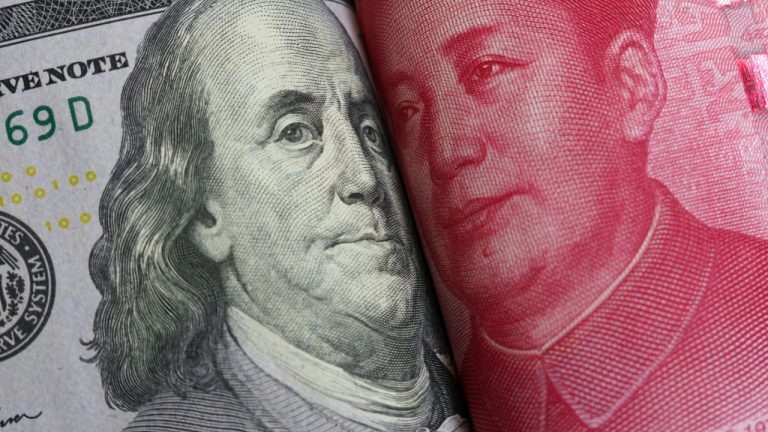
Importers are accusing the Central Bank of Argentina of stalling on the delivery of dollar-based payments under the pretext of high freight costs. According to importers, the Argentine government considers freight costs exceeding 15% of the value of the merchandise imported as an inconsistency.
Central Bank of Argentina Delays Dollar Disbursements to Importers
The government of Argentina is now being accused of delaying the delivery of dollars to Argentine importers by using freight costs as an excuse. According to Argentine economist Ignacio Olivera Doll, the government is using a limit for the cost of freights that hadn’t been applied before, as a basis for these actions.
The government has denied dollar requests for freight payments whose costs exceed 15% of the value of the merchandise transported. Argentine importers, as a result of exchange controls, need to receive dollars via government approval to conduct their operations.
Customs General Manager Guillermo Michel denied this, stating that the payments system was working as usual. Nonetheless, he explained:
It happens some parameters are distorted with reality and historical margins. Some importers want to transfer transport amounts higher than those authorized.
Numerous payments have been delayed due to this inconsistency during the last two weeks, as the government is being drained of its dollar and yuan reserves to provide importers with already approved resources. According to recent reports, Argentina’s net reserves have touched historically low levels, reaching -$7 billion.
Chinese Yuan-Based Sales Also Rationed
However, it’s not only dollar-based disbursements that are being affected by the measures put in place by the Argentine government regarding reserve expenditures. The allocation of yuan reserves to companies that have adopted it as a settlement currency to pay providers has also slowed.
Ambito reports that yuan-based allocations have also been reduced in the last few days, going from an average of $90 million per day to less than $10 million daily on July 14 and 17. This reduction might be related to the failure of the government to reach an agreement with the International Monetary Fund (IMF) about the anticipated disbursement of at least $4 billion.
Argentina has to pay $2.7 billion to the IMF by the end of July. If the government does not reach an agreement for the anticipated disbursement, it might have to use part of the approved Chinese swap line to pay, as it did last month when it used $1 billion in yuan to complete a payment to the IMF.
What do you think about the dwindling reserves of the Argentine government? Tell us in the comments section below.
Comments
Post a Comment